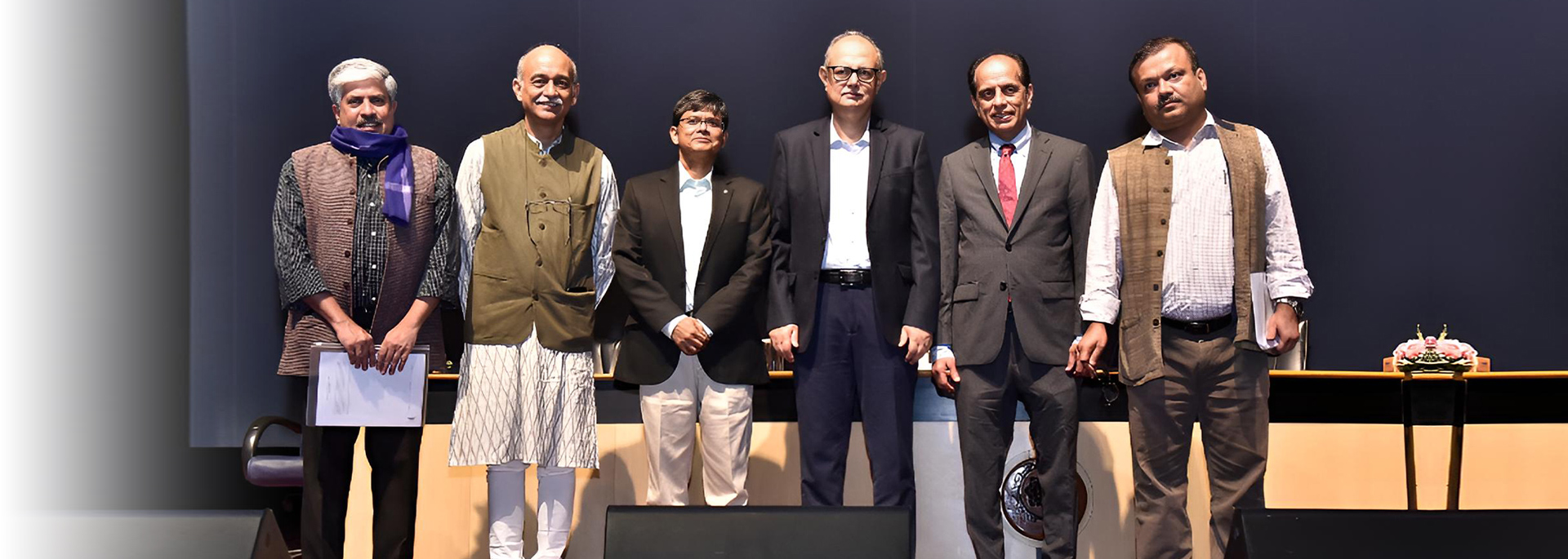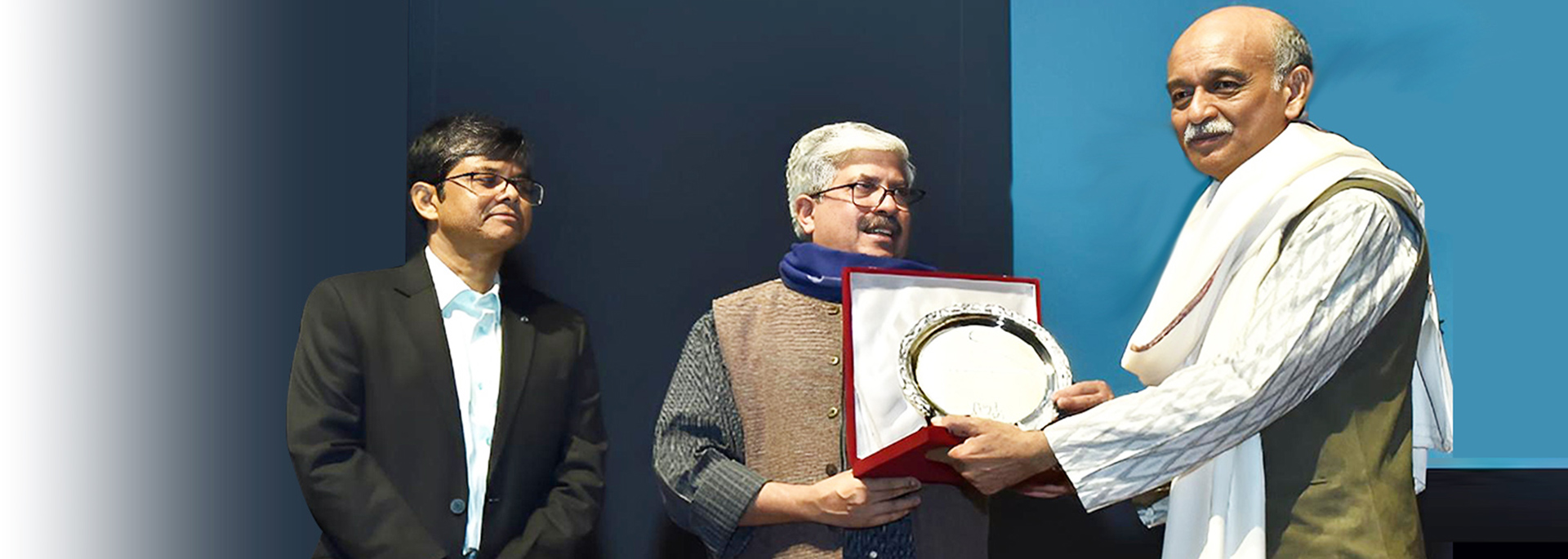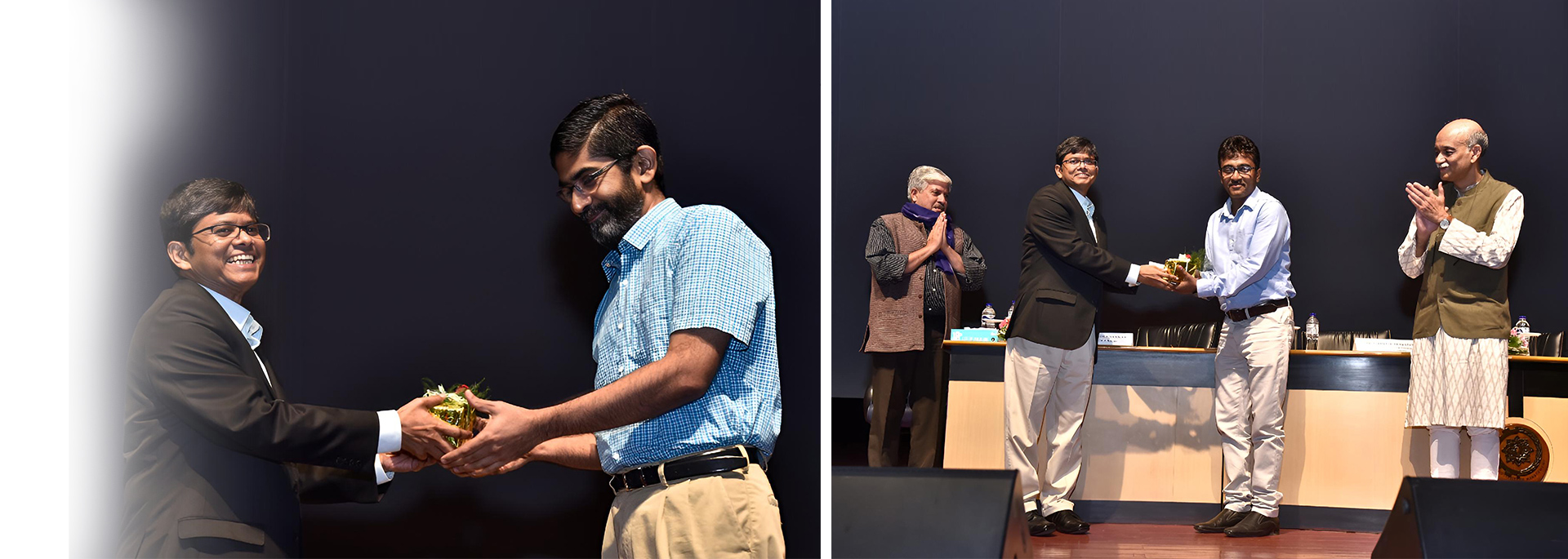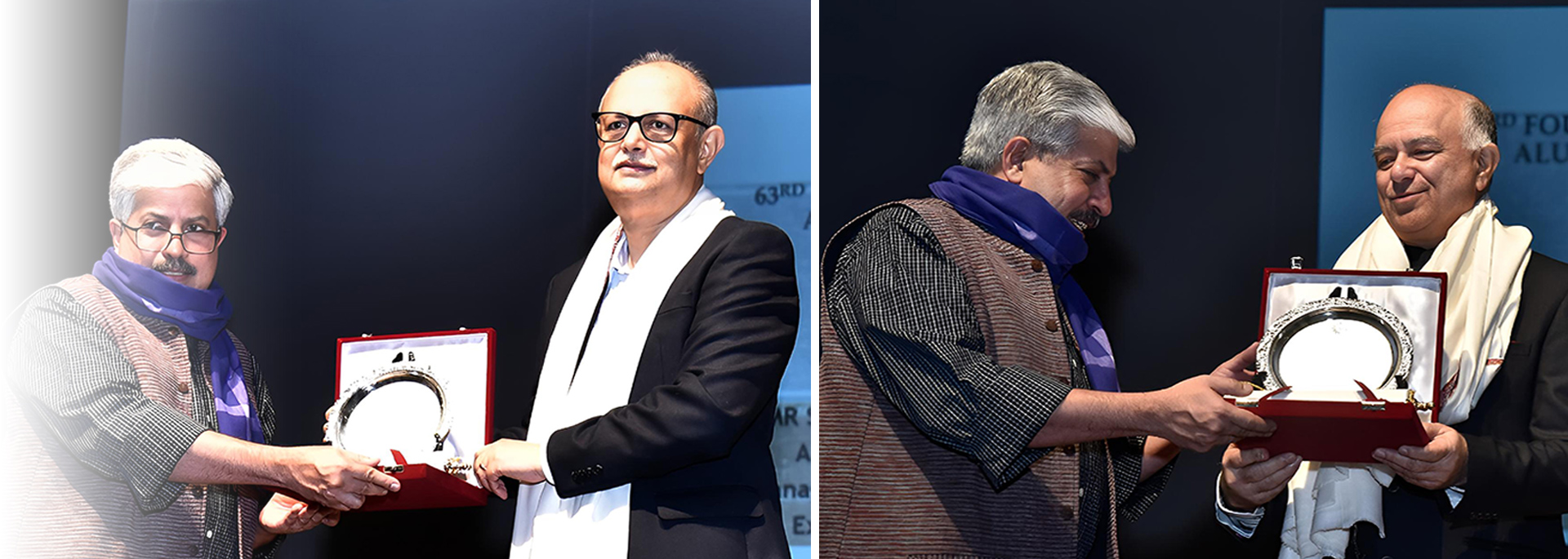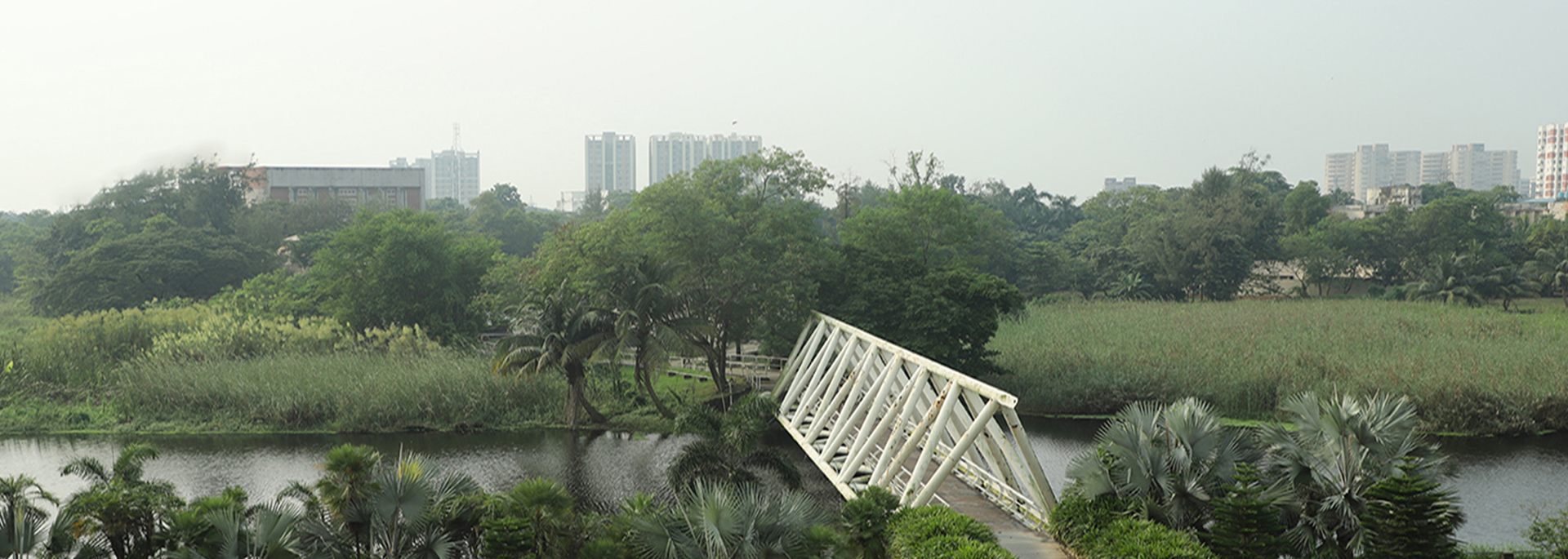Social entrepreneurship has over the years been nurtured in India by a few investor firms focused on the space. Organisations such as Villgro and Aavishkaar have built their brands around the individual seeking to bring innovation to the country’s social problems.
Ashoka’s fellowship programme for leading business owners in the space is now renowned. But set against those developments, change seems to have been slow in academic institutions. Professor Ashok Banerjee, Dean, External Relations and New Initiatives, IIM-Calcutta, spoke to Business Line on the institution’s key collaborations that help prepare social entrepreneurs for the real world. Edited excerpts:
Are you able to impact social start-ups significantly through your incubation efforts?
The Centre for Entrepreneurship and Innovation has been operational in IIM-Calcutta since 2006. But our incubation facility is a recent initiative — it was set up in 2012. We are currently incubating three social enterprises. As of now, we measure impact in two ways — scalability and fundraising capability. The first criterion looks at how the enterprise has grown over time and the second looks at whether the organisation could raise loan or seed capital to fund growth or expansion.
Do you partner with other industry support networks or mentoring programmes?
We are currently in partnership with Villgro, Unitus Seed Fund and Calcutta Angel Network.
Which collaborations, especially from the corporate sector, have proved successful over the years in your assessment?
The support of the Tata group in all our activities under social entrepreneurship is a huge plus. We are also collaborating with various funding agencies which support such enterprises. In 2015-16, our target is to rope in similar centres of social enterprises in top US business schools as knowledge partners.
How have you managed collaborations with the Tata Group to concretely benefit current or potential incubatee firms?
We started the Tata Social Enterprise Challenge (TSEC) in 2013. Our activities under TSEC were mainly centered around an annual competition.
There was no engagement with the social enterprise community after the contest. We then decided to launch two new platforms — roundtables and seminars under the banner ‘Thinking Social’.
The objective of the seminars is to create awareness among students about social entrepreneurship. The roundtables help us connect social entrepreneurs and the corporate sector to highlight how large companies can help social businesses using their CSR budgets and otherwise. We’ve had seminars in Guwahati, Pune, Noida, and Tiruchi, and roundtables in Bangalore, Chennai and Mumbai.
Has the Centre’s CSR mandate for the corporate sector tangibly influenced investment in social businesses or development of talent in that space?
It is too early to say. The impact can be assessed after 2-3 years. The real challenge for the corporate is to identify the right projects. One way to get across to right kind of social enterprises is to approach Technology Business Incubators with a social sector focus, like IIM Calcutta Innovation Park.
Are mindsets still posing challenges in this space?
Entrepreneurs who promote these forms of business initially identify certain social problems which require distributed solutions and where an optimal solution cannot be provided by a large organisation. Social entrepreneurs should have tremendous commitment and passion. Sheer profit cannot be the motive for such form of enterprises.


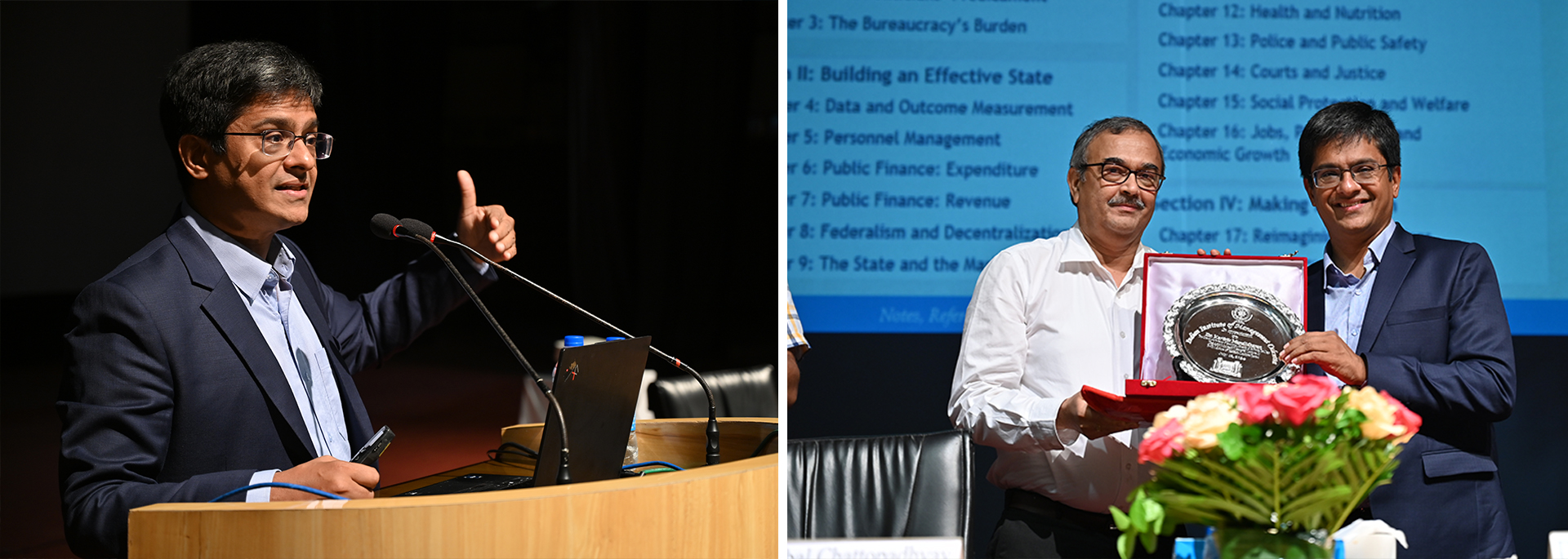
.png)
